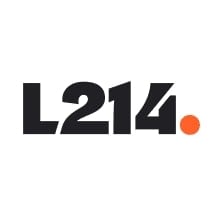In the dairy industry, cows give birth to a calf each year. Male calves are considered to be a by-product and are separated from their mother at birth and sold for a low price to be raised for veal meat.
We trailed livestock trucks from Ireland, where over 100,000 calves are exported each year to the mainland.
After a ferry crossing of over 18 hours, they arrive at the port of Cherbourg in France, where the calves are unloaded and fed at a control post. Here they are handled impatiently and brutally. Some of them do not survive.
They are then reloaded and continue on their long journey to Italy, Spain or the Netherlands where they will be raised under intensive conditions and kept always indoors. Their sad life ends in a slaughterhouse few months later.
Unweaned calves
Calves between the age of 14 days and 3 weeks are transported from Ireland to the Netherlands, Spain or Italy.
Journeys of over 50 hours
The unweaned calves are loaded onto crowded trucks and cross the waters from Ireland to France via a ferry. The ferry crossing alone takes 18hrs.
Hungry calves on board
The trucks’ on-board drinking systems are not sufficient to properly feed the young calves. The design of the drinking system is also often not suited for suckling calves.
Animals are abused at the control post
Unloaded at a control post in the middle of their journey to be fed, the calves are beaten.
Mortality
During the journey, several calves die from hunger and weakness. Their bodies dragged out upon arrival.
Veal farms
Upon arrival, the young calves are moved into closed buildings. To produce dairy, calves undergo a life of hell.
Cruelty to animals at the control post
In this control post close to Cherbourg, 2500 calves are unloaded to be fed. Hungry and scared, they are handled impatiently and very roughly. Some are hit, pulled by their ears or kicked.
One of the employees pushes a calf to the ground and then repeatedly jumps on him.
This violent treatment is unacceptable. Eyes on Animals and L214 are filing charges for cruelty to animals.
IRELAND EXPORTS MORE THAN 100,000 CALVES EACH YEAR.
Sign the Petition
The European Commission must put an end to the transport of young animals still dependent on milk.
Already … people signed!
Merci d'avoir signé la pétition !
New footage taken by L214 and Eyes on Animals shows appalling transport conditions of young animals in Europe. Separated from their mother at birth, exhausted, scared, hungry and treated with brutality, unweaned calves undergo journeys of hell. Every year well over 100,000 calves are exported from Ireland and undergo very long journeys of 2 – 4 days to veal factory farms throughout Europe, such as Spain, Italy and the Netherlands. Ireland is not the only European Union Member State to be facilitating this kind of transport (by road, plane and boat). In total, there are more than one million young calves transported across Europe each year.
Even though European regulation 1/2005 regulates the transport of animals, there is no fixed limit for the overall journey time and the animals are denied food and water during transport; it is perfectly legal to deprive unweaned calves access to fluid for up to 9 hours. In practice, unweaned animals are prohibited from drinking for even longer, because it is impossible to give them the fluid they need via on-board drinking systems. As a consequence, unweaned animals only have a chance to access the nutrition they require when unloaded.
Aware of the suffering endured by unweaned calves and other young animals still dependent on milk, the European Parliament voted in February 2019 a resolution for the Commission to define the concept of unweaned animals and to reinforce the restrictions of their transport.
More than 8 out of 10 Europeans agree that farm animals need better protection (Eurobarometer 2016).
That is why, as European citizens, we ask the European Commission to ban all transport of unweaned animals.
NEWS
03.05.2019
L214 & Eyes on Animals published an investigative report that exposes the horrible conditions young calves endure when transported across Europe.
→ Read the press release

Eyes on Animals strives to reduce the suffering of farm animals by investigating and exposing their life conditions and improve law enforcement. Our aim is to create a society where the inherent worth of animals is recognized and respected.
Eyes on Animals
Eyesonanimals.com Mentions légales


